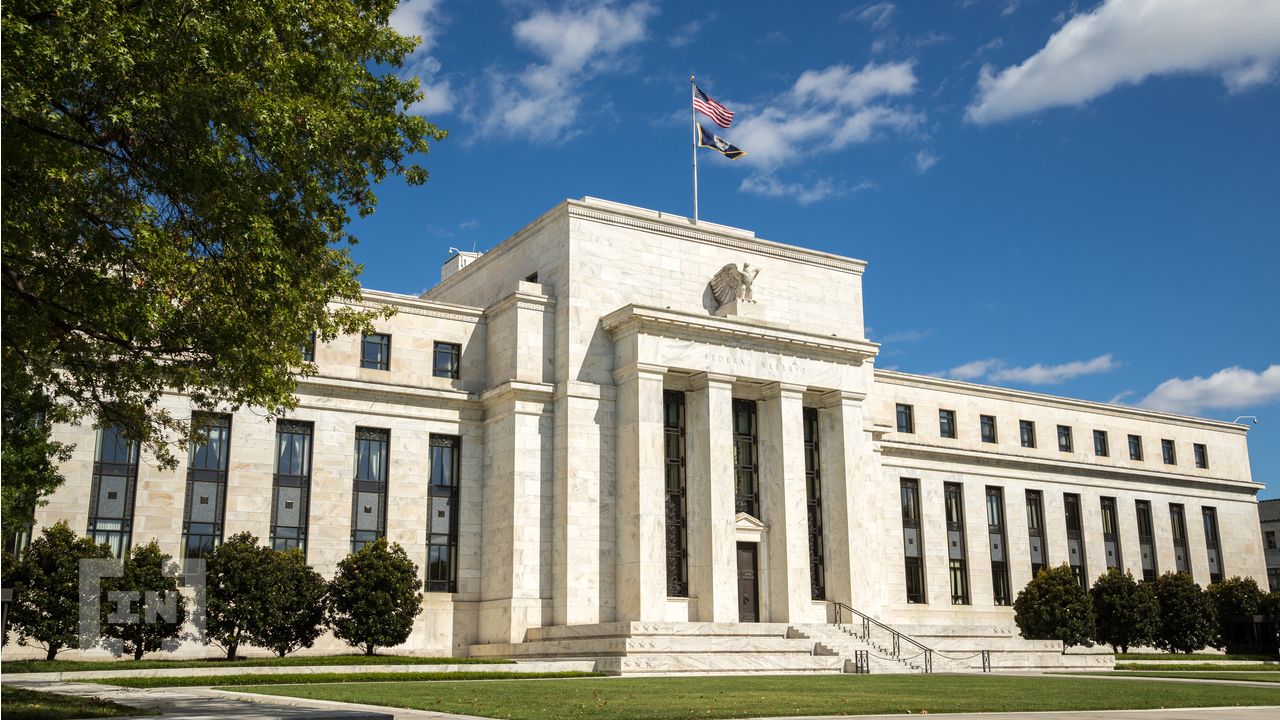The United States Federal Reserve issued final guidelines that will be used to evaluate crypto company requests for master accounts.
The United States Federal Reserve has issued a final guideline to cryptocurrency companies to open accounts and payment services offered by Federal Reserve Banks. The bank said that many institutions offering new products and novel charters have asked for the so-called “master accounts,” and as such, it released this guideline on Aug. 15.
The Fed will use the guideline to evaluate requests for master accounts “with a transparent and consistent set of factors.” The notice offered some insight into how the guideline functions, saying that those with institutions with federal deposit insurance would experience a more streamlined process, “while institutions that engage in novel activities and for which authorities are still developing appropriate supervisory and regulatory frameworks” would be subject to more intense reviews.
The latter point refers to many crypto companies, which the Fed and other governmental agencies are scrutinizing, that have grown in the U.S. over the past few years. Federal Reserve Vice Chair Lael Brainard, who has spoken about certain aspects of the crypto market in the past, said of the guideline,
“The new guidelines provide a consistent and transparent process to evaluate requests for Federal Reserve accounts and access to payment services in order to support a safe, inclusive, and innovative payment system.”
The opening of master accounts would allow for more effective delivery of orders to customers for crypto companies, so they have argued. There have been developments related to this in the past, with some companies applying for bank characters.
Circle submitted a filing to the United States Securities and Exchange Commission (SEC) to become a national bank last year, while Paxos applied for a national bank charter with the Office of the Comptroller of the Currency (OCC).
Earlier this year, bitcoin bank Custodia sued the Federal Reserve Bank of Kansas City and the Federal Reserve Board of Governors over a delayed application for a master account. Custodia was chartered in Wyoming under a crypto-friendly statute passed in 2019.
Meanwhile, the Federal Reserve has been mulling over a CBDC, which Brainard believes can coexist with stablecoins. The Fed published a CBDC report in January 2022 asking for more dialogue on the subject.
Disclaimer
In adherence to the Trust Project guidelines, BeInCrypto is committed to unbiased, transparent reporting. This news article aims to provide accurate, timely information. However, readers are advised to verify facts independently and consult with a professional before making any decisions based on this content. Please note that our Terms and Conditions, Privacy Policy, and Disclaimers have been updated.


